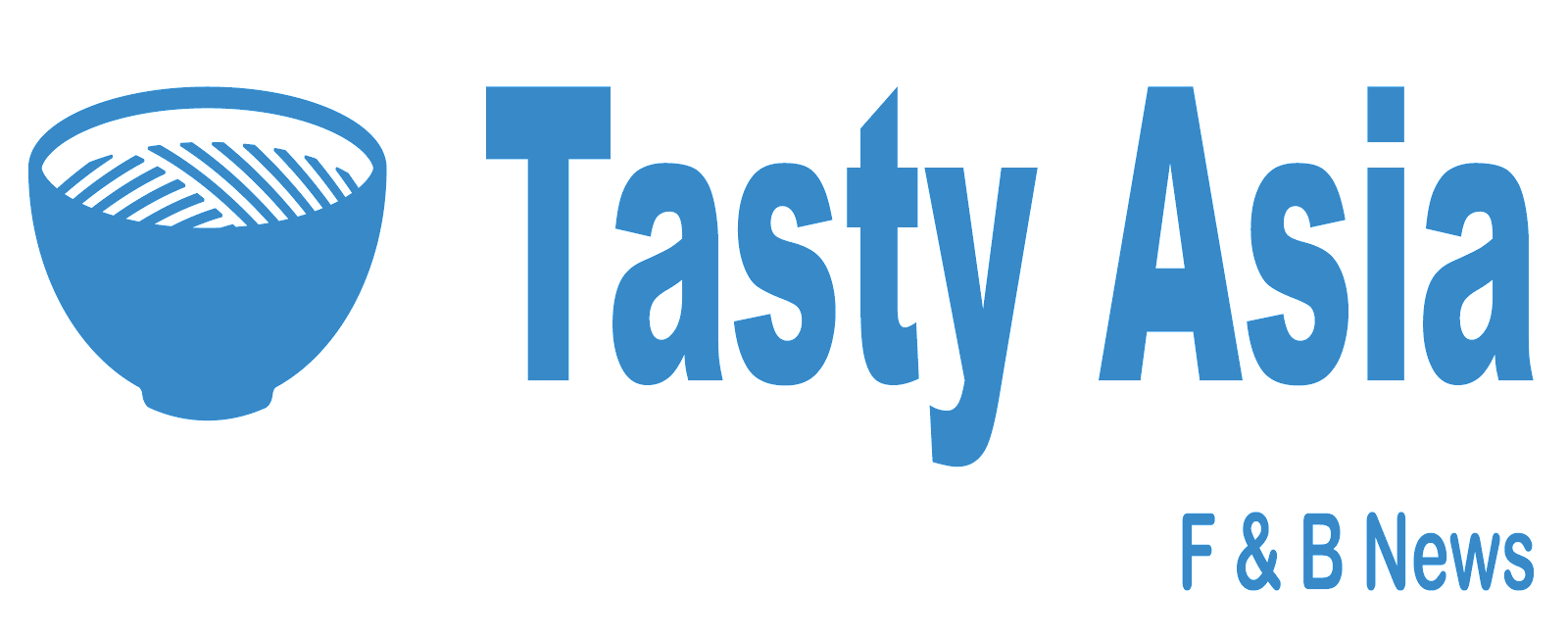Supply chains standards organisation GS1 said global data standards could bring resiliency to the world’s supply chains. In a report submitted to the UN, GS1 said a digitised, standardised supply chain could mitigate shocks, and provide solutions that the world needs for recovery and resilience.
The scale of sustainable change contemplated here, if implemented, will help ensure the stable distribution of essential goods, especially food and medical supplies. Global data standards can positively impact businesses and national economies both large and small, the report revealed.
GS1’s key recommendations focus on the following: Use of open, global standards for product identification and data sharing, migration to completely electronic documents along the entire international trading process, linkages between industry identifiers and the HS code, future trade agreements including global data standards, and a commitment to emerging technologies like blockchain and Internet of Things (IoT) to enhance data capture, decision-making and information sharing.
COVID-19 unleashes more blockchain adoption
Technologies such as blockchain can shift transparency for compliance to radical transparency for growth, according to insights from global consultancy group Deloitte.
Blockchain makes updated information seamless and secure. The technology also creates the potential to disrupt established food markets and unlock a series of new value creation opportunities, Deloitte added.
The COVID-19 pandemic has created a global awareness of supply-chain systems – as consumers begin to question the origin of their product sources. In Australia, for example, livestock traceability is critical. Recently a blockchain technology developer, Aglive created a "paddock-to-plate" solution for local farmers. Created in partnership with agri-tech firms Ceres Tag and Two Hands, the solution uses a blockchain data storage and encrypted security. The new technology allows farmers to connect directly with consumers by providing detailed and transparent data that links the end product in supermarkets and restaurants around the world. It can also link back through the supply chain to the farmer.
According to Mark Toohey, managing director of Aglive Group, technology is critical to enable global collaboration and transparency on the supply chain to improve international food quality and trade. (Image from Pixabay)


إرسال تعليق